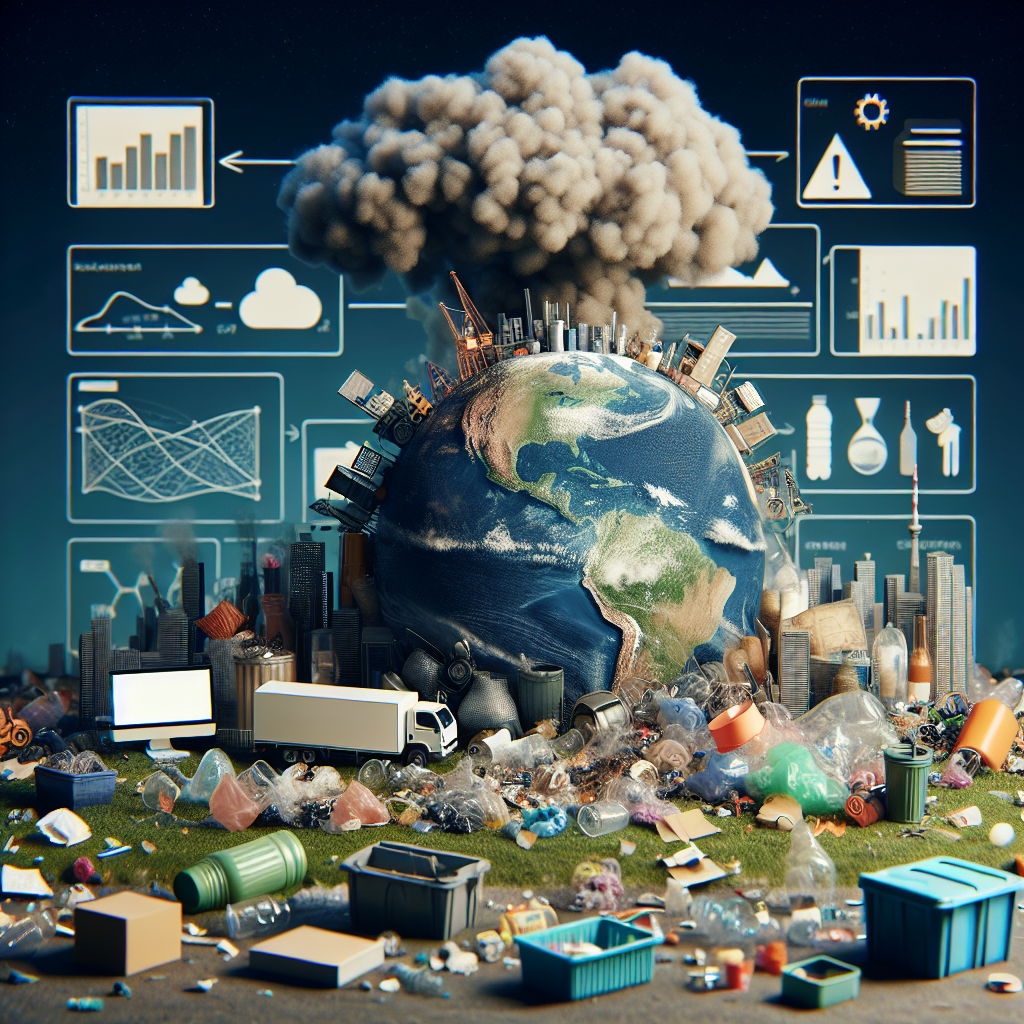As the global population continues to rise and consumption patterns shift, the issue of waste management becomes an increasingly urgent concern. This article explores the science behind waste generation, its environmental impacts, and potential solutions to mitigate these costs.
The Waste Cycle: From Production to Disposal
The lifecycle of a product involves various stages that contribute to environmental degradation. These stages include:
-
- Raw Material Extraction: The process of harvesting natural resources such as minerals, forests, and fossil fuels has irreparable impacts on ecosystems.
-
- Manufacturing: Production processes contribute to air and water pollution, consuming vast amounts of energy and resources.
-
- Transportation: Moving goods from production sites to consumers involves burning fossil fuels, contributing to greenhouse gas emissions.
-
- Consumption: The choices we make as consumers play a significant role in the demand hierarchy and determine which products make it to market.
-
- Disposal: Improper disposal can lead to landfills overflowing with waste, causing soil and water contamination and releasing harmful chemicals.
Environmental Impacts of Waste
The environmental costs associated with waste are profound:
-
- Pollution: Landfills release methane gas, a potent greenhouse gas, while the incineration of waste can emit toxic substances into the atmosphere.
-
- Loss of Biodiversity: Land development for waste disposal leads to habitat destruction, threatening countless species.
-
- Climate Change: Waste management practices significantly contribute to carbon emissions, exacerbating global warming.
-
- Resource Depletion: Continuous resource extraction for product manufacturing depletes natural reserves, impacting future generations.
Strategies for Reducing Waste
Fortunately, several strategies can be employed to reduce waste and its associated environmental costs:
-
- Reduce, Reuse, Recycle: Encouraging consumers to reduce their consumption, reuse products, and recycle materials can significantly lessen waste.
-
- Composting: Organic waste can be composted instead of thrown away, enriching soil and reducing landfill volumes.
-
- Sustainable Practices: Companies should adopt sustainable production practices that minimize waste and environmental impact.
-
- Education and Awareness: Increasing public awareness about the environmental impacts of waste can inspire collective action toward sustainability.
Conclusion
Understanding the science of waste provides crucial insights into the environmental costs of our consumption. By shifting our perspectives and adopting more sustainable practices, we can mitigate the adverse effects of waste and work towards a healthier planet. Every individual has a role to play in this endeavor, whether through conscious consumption, advocacy for policy change, or community engagement. Together, we can make a difference.


